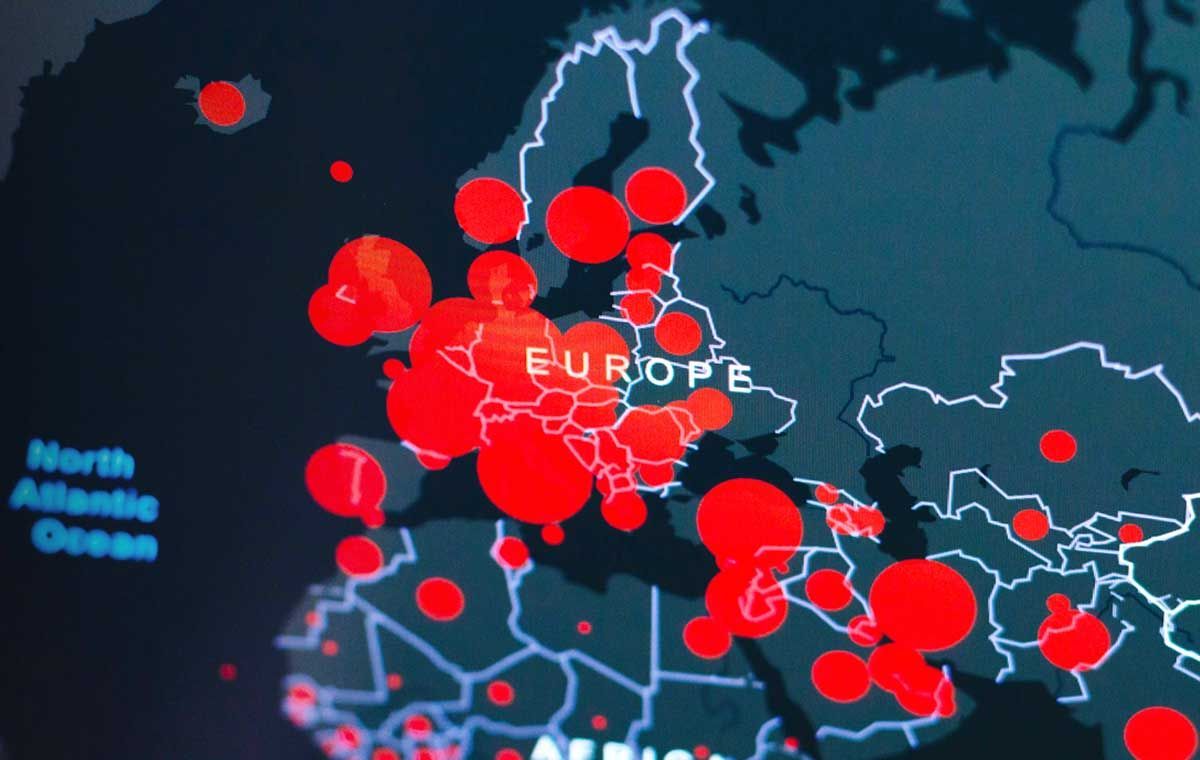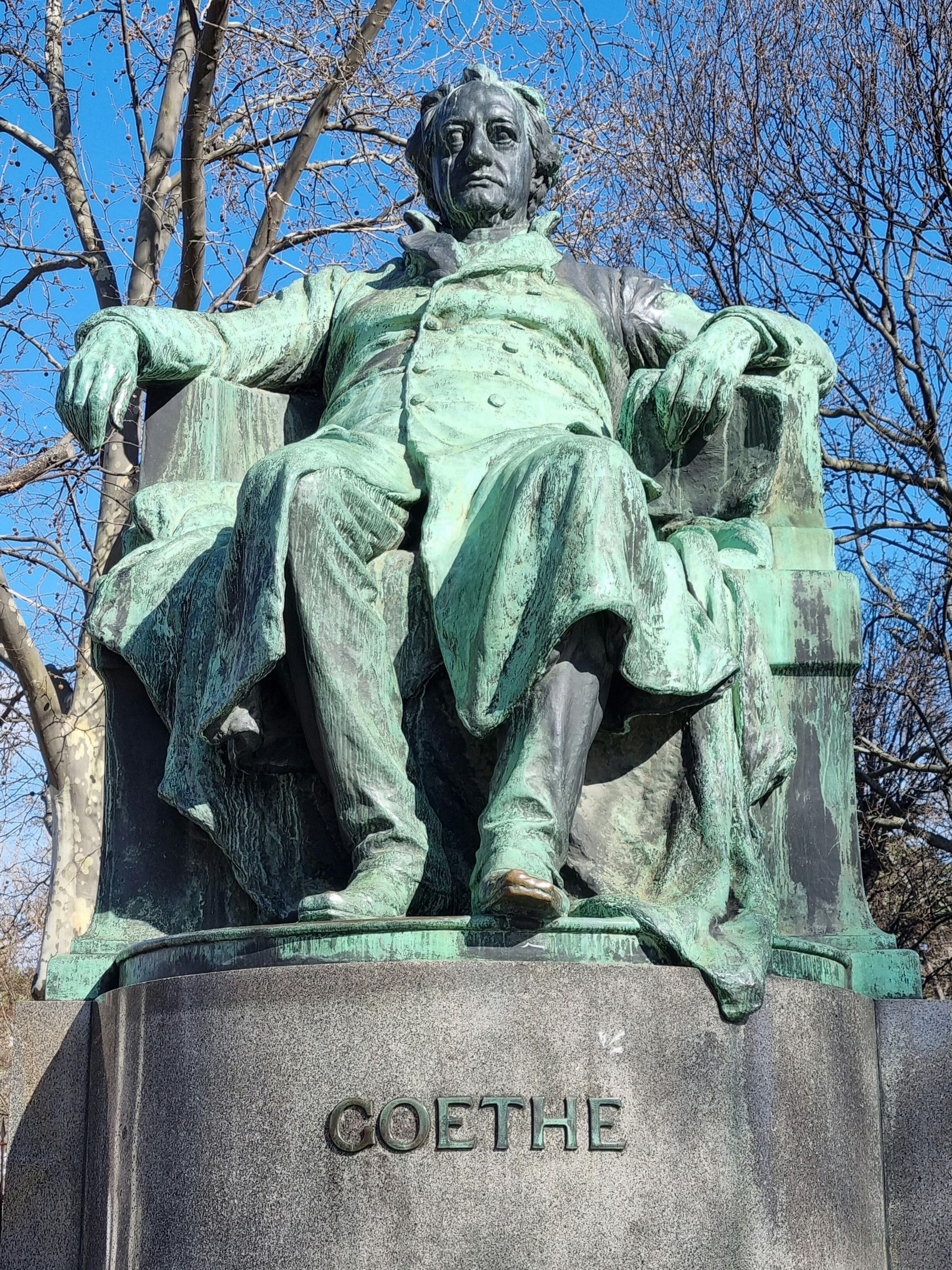The Many Benefits of Learning German
German is not only one of the most spoken languages in the world, but also opens unexpected and unique opportunities that greatly benefit your children's education, career, and life.
10 Reasons Why Learning German is a Good Idea
Global Language with Reach
Most Spoken Language in the EU
As of 2025, German is one of the top 12 most spoken languages in the world, and the most spoken native language in the EU, with approximately
100 million native speakers and 30 million second language speakers. It's the official language in Germany, Austria, Switzerland, Belgium, Luxembourg, and Lichtenstein.
Widely Learned Around the World
Overall, around 230 million people speak German as a first, second, or foreign language. It remains one of the most learned foreign languages globally — especially within Europe and the USA, where it's the third most studied foreign language, and increasingly in parts of Asia.
Future Proof Career Advantage
Global Economic Power
Germany is the
world’s 3rd largest economy ($4.3 trillion GDP in 2024) and 3rd largest export nation. Its industrial strength spans sectors like automotive, tech, healthcare, engineering, and renewable energy. Leading global companies — such as BMW, Siemens, Bosch, and SAP — actively seek talent with German language skills, especially for international roles and collaborations.
Great Work Opportunities
Germany's close economic ties with countries like Indonesia, along with an aging European population, are creating rising demand for skilled, multilingual professionals. Knowing German not only greatly enhances employability in German-speaking countries, but also opens access to intra-European job mobility through programs like the EU Blue Card.
Outstanding Higher Education
Access to Top Universities
German-speaking countries offer exceptional education quality. According to Times Higher Education (2024), there are
29 universities from Germany, Austria, and Switzerland among the Global Top 200 — the highest number after the USA and UK. Renowned institutions include ETH Zurich (#11), TU Munich (#30), LMU Munich (#38), and Heidelberg University (#47), making the region an academic powerhouse.
Free to Study, Open to the World
Public universities in Germany charge no tuition fees, regardless of their reputation — making world-class education accessible to anyone who speaks German. With over 400,000 international students in 2024/25, Germany ranks 4th worldwide, behind the USA, UK, and Australia, making it the top non-English-speaking study destination — even President Habibie studied in Aachen.
Timeless Ideas, Written in German
Third Most Published Language
German remains one of the world’s most influential literary and academic languages, shaping global thought and culture. In fact,
over 10% of the world’s books are published in German (both printed and digital), ranking 3rd after English and Chinese — yet fewer than 10% of them are ever translated into other languages, making German a key to unlocking this vast body of knowledge.
A Language of Big Thinkers
German has been the language of many of the Western world's greatest minds. From Immanuel Kant and Friedrich Nietzsche in philosophy, to Goethe, Kafka, and Hermann Hesse in literature, to Sigmund Freud in psychology — their works have left lasting global impact. Moreover, 14 Nobel Prizes in Literature have been awarded to authors writing in German as of 2024.
Competitive Edge in Tourism
High-Value Travel Market
Germany is one of the world's top outbound tourism markets. Germans love to travel and spend generously abroad, ranking
3rd globally for international tourism expenditure ($112 billion in 2023) behind China and the USA — and that’s not even counting Austria and Switzerland.
Speaking German Pays Off
Whether you manage a hotel, work in a resort, airline, or tour agency, German language skills are a major asset in the tourism industry. German-speaking travelers highly value it when locals make the effort to speak their language — often rewarding it with trust, loyalty, and better reviews.
Deeper Access to Science & Innovation
Pioneers in Scientific Research
German-speaking countries have long been at the forefront of scientific discovery and innovation. They’ve contributed
foundational breakthroughs in physics, chemistry, engineering, and medicine — with global figures like Albert Einstein, Max Planck, and Robert Koch. To date, scientists from Germany, Switzerland, and Austria have received 77 Nobel Prizes in scientific fields.
Innovation without Disruption
German-speaking countries are well known for quiet, stable, and sustainable innovation — with companies like BioNTech, developer of cutting-edge mRNA vaccines, and KUKA, a leader in industrial robotics, spearheading. German remains a key language and asset for aspiring innovators in science, engineering, and high-tech — giving access to research, academic networks, and specialist knowledge often unavailable in translation.
Enriching Cultural Exchange
Travel with Ease
Traveling in Germany, Austria, and Switzerland is not only a delight — featuring
historic cities, majestic mountain ranges, and fairytale castles — but also much smoother with some German skills. While many people speak English in larger cities, outside urban centers, German makes navigating much easier.
From Small Talk to Deep Connection
German speakers appreciate nuanced and meaningful conversations. Speaking their language helps you tune into local humor, wordplay, and subtleties, which can unlock more authentic interactions and lasting friendships — whether you're sharing laughs at the Oktoberfest, chatting at a Christmas market, or cheering together at a football match.
A Language that Resonates in Music
Classical Legacy for the World
For centuries, German was the dominant language of classical music. From operas to musical terminology, German knowledge remains essential in music education. The works of
Ludwig van Beethoven, Johann Sebastian Bach, Wolfgang Amadeus Mozart, and Richard Wagner, have shaped global music heritage and are still performed on the world’s greatest stages.
Modern Sounds, Hidden Meaning
From
Deichkind’s sharp-witted electro-rap to
Rammstein’s
dark, poetic metal, from
Mark Forster's vibing pop to the rebellious punk of
Die Ärzte, from the fun hip-hop of
Die Fantastischen Vier to
Herbert Grönemeyer's
urban milieu storytelling
— learning German adds depth to your music experience beyond singing along at karaoke — it let's you understand the
clever wordplay, cultural references, and lyrical nuance that often get lost in translation.
Unlock the Full Media Experience
Films the Way They Were Meant to Be
Watch acclaimed movies and series in original German —no poor dubbing, no endless subtitles. From war epics like
Im Westen nichts Neues (All Quiet on the Western Front),
to classics like
Das Boot and
Lola rennt, to mind-bending sci-fi thriller like
Dark, and even Hollywood nods like
Inglourious Basterds — you’ll catch the full emotional impact and linguistic nuance. Plus, if you’re visiting Germany, keep in mind: almost every movie in theaters and on TV is dubbed into German.
Stream, Learn & Laugh — in German
With 5.8% of all websites, German is the third most used language on the internet (as of 2025). That means a wealth of original, high-quality content is just a click away — from Let’s Play videos by YouTuber Gronkh, to science made entertaining by Mai Thi Nguyen-Kim (maiLab), to sharp political satire and pop culture critique on shows like Jan Böhmermann’s ZDF Magazin Royale.
The Certain Something
German isn’t just practical — it’s impressive and fun. In places where few speak it fluently, it gives you a rare aura. Whether telling how you mastered this difficult language at a job interview, teaching friends that Porsche is neither pronounced “Porsh" nor “Porshee”, or just surprising your date with witty trivia at games night,
speaking German always sparks curiosity and respect. It’s these little things that turn language into personality.























